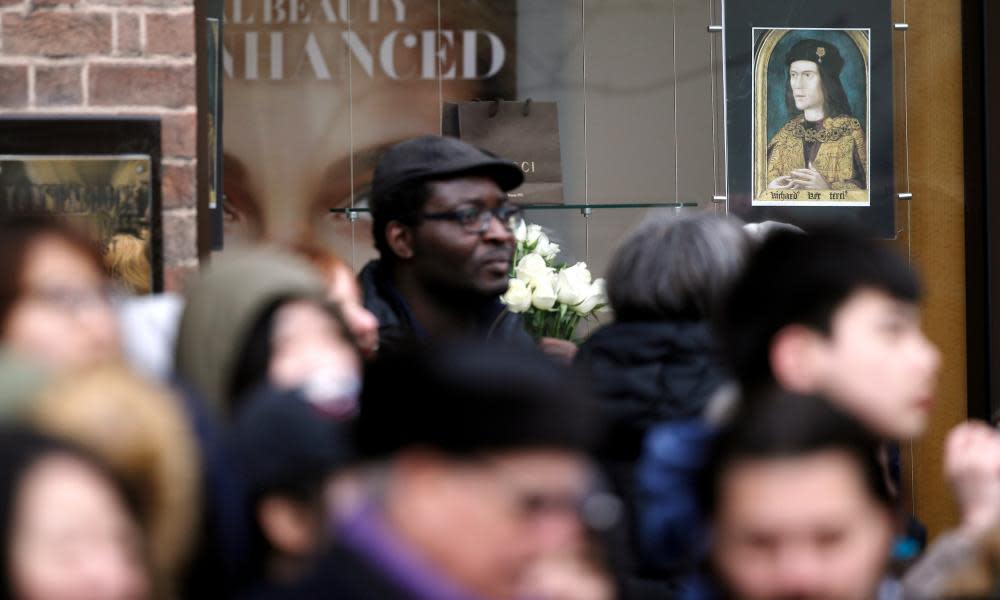Church of England to create bishop for minority ethnic community

The Church of England is creating a new bishop specifically to reach out to black, Asian and minority ethnic people and to drive cultural change in one of the UK’s most diverse cities.
The diocese of Leicester has petitioned the Queen for permission to create a new see, and expects the new suffragan bishop of Loughborough to be in post by the end of the year.
Despite his or her title, the new bishop will be based mainly in Leicester, one of the first majority black, Asian and minority ethnic (BAME) cities in the UK. In the 2011 census, only 45% of the city’s population identified as white British.
“The diversity of the city is not reflected in our churches,” Martyn Snow, the bishop of Leicester, told the Guardian. “The majority of people going to Anglican churches are white British, while there are more than 100 BAME churches, mostly neo-Pentecostalist.”
The new bishop will focus on encouraging BAME representation across the diocese “from people in the pews to clergy and senior leadership”, and working with other churches and faith groups.
Snow is conscious of sensitivities. “This is not about proselytising. We’re not actively doing that, but if people approach us they will get a very warm welcome.”
He acknowledged this has not always been the case. “In the 1950s and 60s, when immigrants came from the Caribbean and elsewhere, they did not get a warm welcome in the C of E. We have to hold our hands up to that. They went off to set up other churches and we’re now facing the legacy.”
He added: “We’re going to have to make some cultural adjustment. The C of E is seen as quintessentially English, but we have a lot to learn from other cultures.”
Only 3.4% of C of E clergy were non-white in 2015, and there are a handful of BAME people in senior ranks – archdeacon or above. This month, the first black bishop to be appointed by the church in 20 years, Nigerian-born Woyin Karowei Dorgu, was consecrated as bishop of Woolwich.
“The figures [for BAME clergy] are small compared to the wider population. It is increasing a little, but not to the extent we’d want it to be,” said Rosemarie Davidson-Gotobed, the C of E’s first national minority ethnic vocations officer, who has been in post for five months. “We’re looking at what are the speed bumps, blockages, stalling points. They are many and varied.”
Her role is to assist BAME members of the church who are considering ordination and to tackle unconscious bias. “We can all slip into unconscious bias,” she said. “We have to recognise it in ourselves and how it might hinder someone’s journey to ordination.”
Davidson-Gotobed acknowledged frustration among “those of us who’ve been on this journey for a long time. Often the discourse is ‘we don’t have a problem’, and we have to deconstruct that.” But there was “discernible movement. I know 20 years passed between appointing black bishops, but I hope the next one will be sooner.”
According to the bishop of Leicester, eradicating unconscious bias, both in the C of E and in wider society, might take a generation. The church was rolling out training programmes and research projects and creating new posts, such as the bishop of Loughborough, he added.
“I don’t want to put too much weight on one position,” said Snow. “My hope is this will be one of a number of appointments, part of a growing cohort of senior leadership tackling this issue.”

 Yahoo News
Yahoo News 
